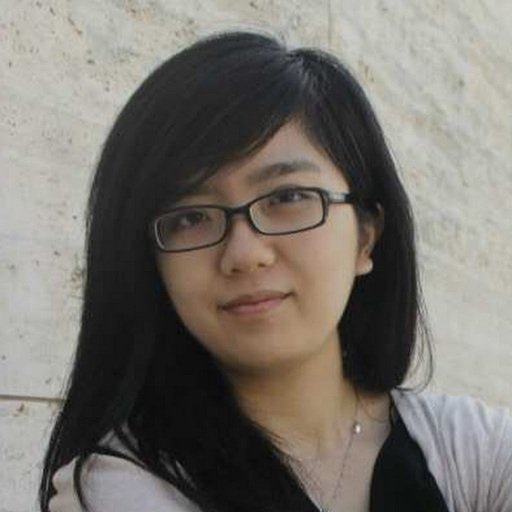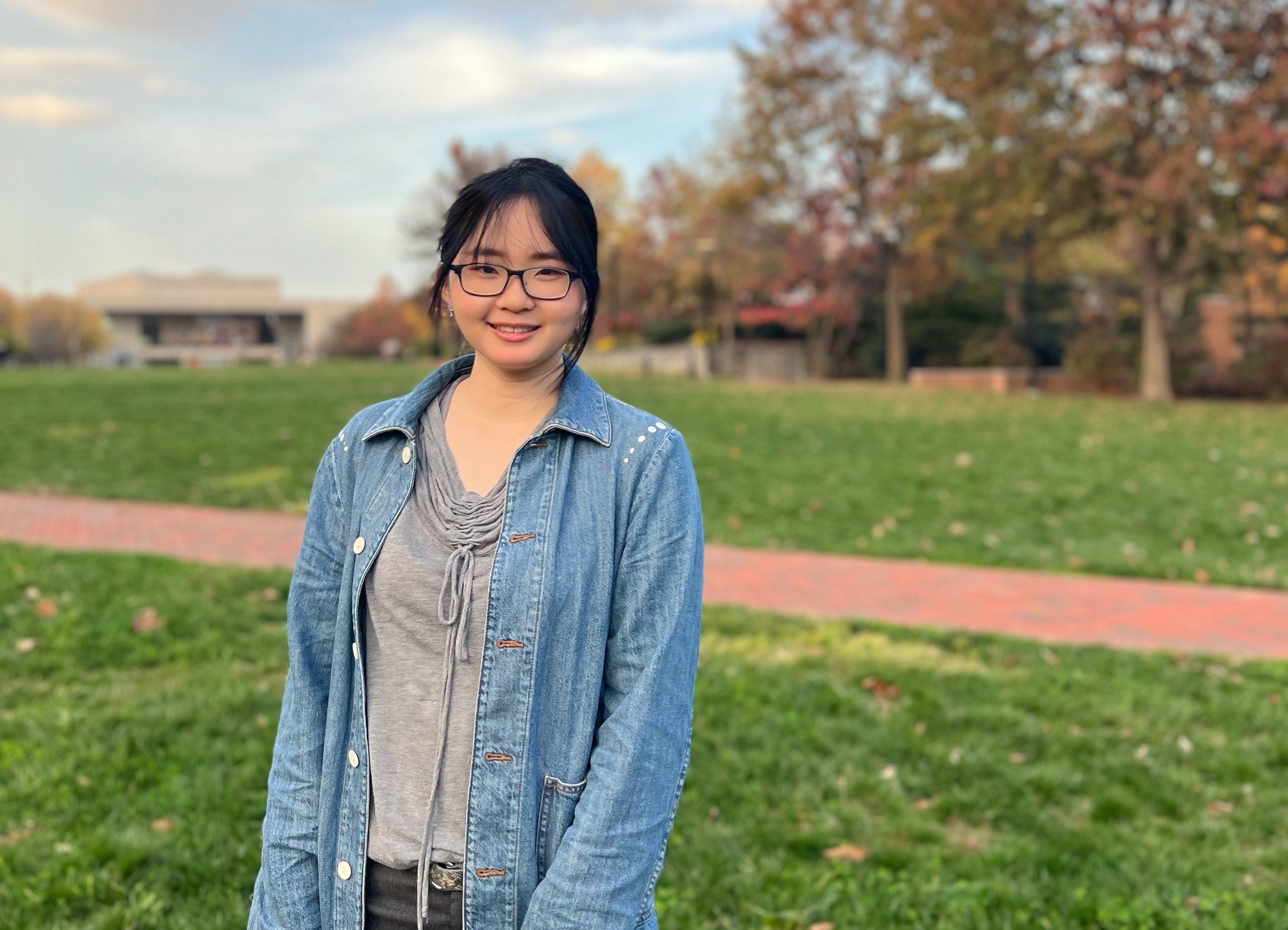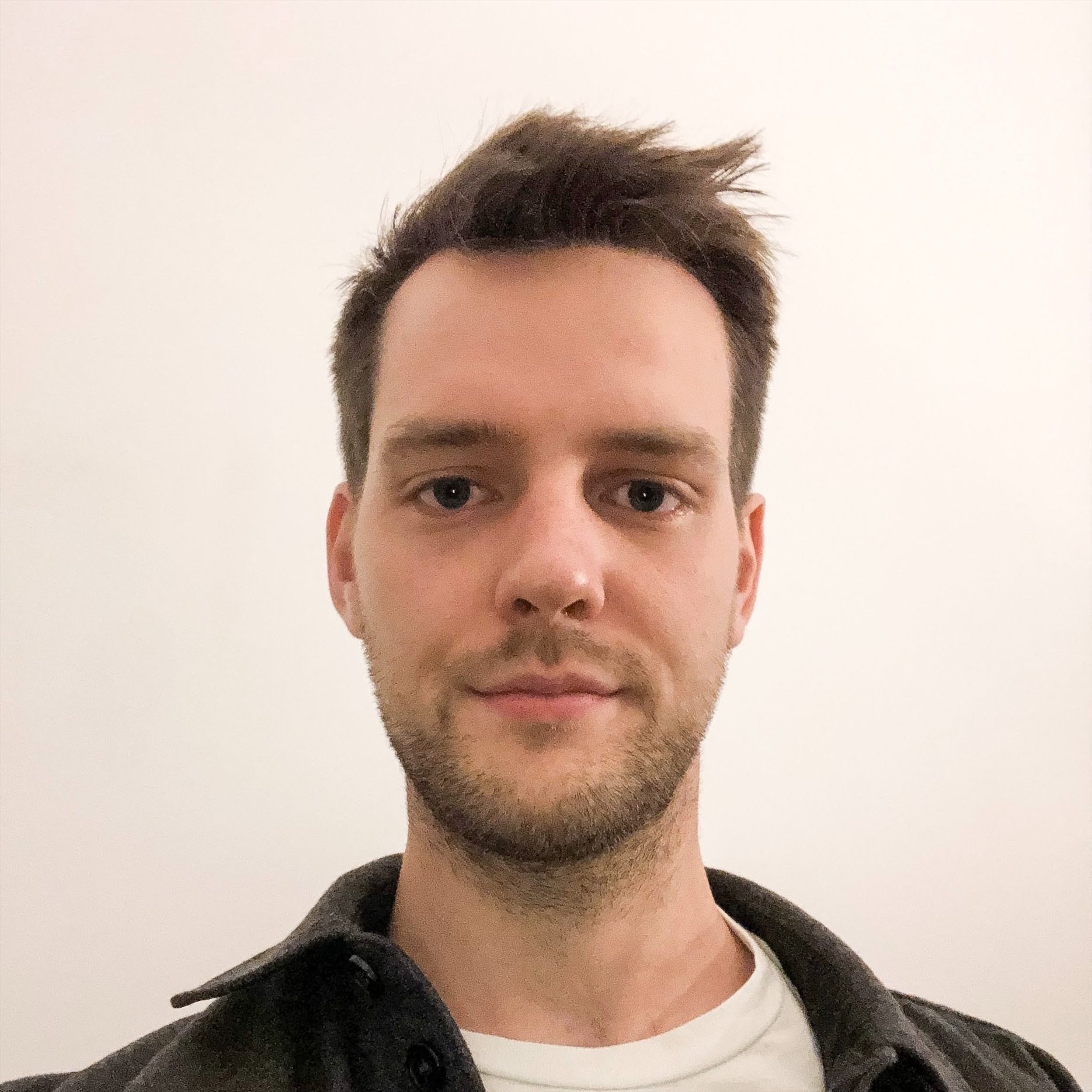Would you like Cornell students to contribute their skills to advance strategic projects at your organization?
The Siegel Family Endowment PiTech PhD Impact Fellowship will recruit and fund a technical Cornell University PhD student to join your organization and contribute their expertise and robust skills to a strategic project that advances your public interest mission.
The 12-week fellowship runs part-time from late May to mid-August. Impact Fellows work 20 hours per week, to leave enough space in their schedules for independent thesis research.
Program Overview
The Siegel Family Endowment PiTech PhD Impact Fellowship will recruit and fund a technical Cornell University PhD student to join your organization and contribute their expertise and robust skills to a strategic project that advances your public interest mission.
The fellowship runs part-time from late May to mid-August. Impact Fellows work 20 hours per week, to leave enough space in their schedules for independent thesis research.
How it works?
Application
Submit your organization profile and high-level project overview.Student Calls
Talk to interested students during information sessions.Student <> Organization Matching
Find out if PiTech matched you with a PhD student.Project Scoping
Define milestones and deliverables for your project.Fellowship Term
June - August
Program Details
Due to the fellowship’s limited duration, we generally encourage host organizations to engage Fellows in projects they've been wanting to take on (exploring a potentially rich but thus-far neglected data set) rather than provide operationally-critical labor (developing software for a startup's main product).
-
Students contribute their advanced technical skills to organizations’ projects that focus on a variety of public interest issue areas, such as:
Public health, including aging and accessibility
Social justice, including food insecurity, criminal justice reform, and economic inequality
Trustworthy media ecosystems, including combatting racism, hate speech, and misinformation
Public services, including housing, transportation, civic engagement, and childcare
Environment, sustainability, and conservation
For a full list of projects Impact Fellows have worked on in previous years, you can read their testimonials.
-
Our students’ expertise typically ranges from data (machine learning, data science, natural language processing, optimization), to human-centered design (human-computer interaction, accessibility, design explorations), to emerging technology (mixed reality, Internet of Things), and security and privacy.
While many Impact Fellows have software development skills, the relatively short duration of the fellowship makes it ill-suited to providing operationally critical software development support. Projects exploring emerging technologies, data modeling, and/or user-centered design are more likely to match Fellows’ skills and interests and the fellowship timeframe.
-
We ask host organizations to direct and support their Fellows as they work on the selected projects. This should include a weekly check-in with a consistent manager for the duration of the fellowship, regular meetings with project collaborators, as well as broader organization exposure when possible. Cornell PhD students are adept at self-guided research and coursework, and we encourage regular ongoing communication to help align expectations and outcomes and support students in learning about the organization and its mission.
-
Early on in the process (September and October), we’ll discuss high-level information about the project(s) you have in mind, including the subject-matter area, the problem it is trying to solve, and the skills that will be required of the student.
You’ll then have the opportunity to speak with students interested in working with you during ‘matching calls’ in February. These group calls are not intended to be interviews, but rather an opportunity for students to ask questions and for you to understand their skills better.
Upon completion of the matching calls, the PiTech team will match organizations with a student based on student interest and skills and your organization’s needs. Prior to accepting the match and committing to a summer, students and organizations will be given the opportunity to speak in a 1:1 call to confirm they are a good fit.
Closer to the fellowship start date, the student, organization, and Cornell PiTech team will determine the specific scope of the summer project, including concrete milestones and deliverables. This is to ensure the greatest applicability of the project to both student skills and organization needs at the time of the fellowship.
-
Fellowship work may take place remotely, fully in-person, or a combination of the two - this depends on the preferences of the student and organization and on the work arrangement students establish with their direct manager prior to the start of the fellowship. Students are strongly encouraged but not required to relocate to the organization's office location for the duration of the fellowship.
-
The purpose of the Siegel PiTech Impact Fellowship is to provide Cornell students with an experiential learning opportunity to apply their technical skills to advance the mission of a public interest organization.
Prior to the start of the fellowship, the PiTech team works with each Fellow and host organization to sign an agreement covering any necessary intellectual property (IP) or confidentiality requirements.
The host organization shall retain any necessary rights to use the work the Fellow produces or contributes to over the course of the fellowship period. We encourage host organizations to make the Fellow's work public domain. However, we understand that sometimes this isn't possible, for example, due to the use of proprietary or private data.
In the event that the Fellow will work with sensitive data or intellectual property, they may be asked to agree to a reasonable confidentiality agreement. The PiTech team will support the Fellow in discussing these agreements with the host organization prior to the start of the fellowship.
Confidentiality agreements will not preclude the Fellow generally sharing the work that they've done, including in their CV, portfolio, and a required summary blog post published by Cornell Tech following the conclusion of the fellowship. If desired, a host organization may ask a fellow to submit language for approval before publication.
Unless otherwise agreed, the Fellow may publish academic work using their experience working for the host organization. We will guide Fellows who may be interested in publishing based on their fellowship experience to discuss this possibility with host organizations during the project-scoping phase of the application process.
Who We Work With
Our NYC-based partner organizations draw from government, civil society, and the nonprofit sector, spanning many critical subject matter domains, including:
Public health: health care provision and accessibility
Social justice: food insecurity, criminal justice reform, and economic inequality
Trustworthy media ecosystems: combatting racism, hate speech, and misinformation
Public services: public service provision, housing, transportation, and civic engagement
Environment: sustainability and conservation
Host organizations
FAQ
-
The PiTech Initiative at Cornell Tech will recruit and fund a technical PhD student to join your organization and contribute to a strategic project for the duration of the fellowship. The fellowship runs from late May to mid-August in the summer. Fellows will be asked to contribute their expertise and robust skill sets to a mutually-agreed upon project that advances your mission.
-
We ask host organizations to direct and support their Fellows as they work on the selected projects. This should include a weekly check-in with a consistent manager for the duration of the fellowship, regular meetings with project collaborators, as well as broader organization exposure when possible. Cornell PhD students are adept at self-guided research and coursework, and we encourage regular ongoing communication to help align expectations and outcomes, and support students in learning about the organization and its mission.
-
The fellowship places technical Cornell University PhD students in internships with organizations during the summer term, from late May to mid-August, with the potential to extend into the academic year.
-
In our experience, the applicants’ interest in the host organization's specific project(s) is a major factor in securing a productive match with a PiTech PhD Impact Fellow. Due to the fellowship’s limited duration, we generally encourage host organizations to engage fellows in projects they've been wanting to take on (exploring a potentially rich but thus-far neglected data set, for example) rather than provide operationally-critical labor (like developing the software for a startup's main product).
Our students’ expertise typically ranges from data (machine learning, data science, natural language processing, optimization, fairness), to human-centered design (human-computer interaction, accessibility, design explorations), to emerging technology (mixed reality, Internet of Things), and security and privacy.
-
While many PhD Impact Fellows have software development skills, the relatively short duration of the fellowship makes it ill-suited to providing operationally critical software development support. Projects exploring emerging technologies, data modeling, and/or user-centered design are more likely to match Fellows’ skills and interests and the fellowship timeframe.
Siegel PiTech PhD Impact Fellows
-

Christian Belardi
NYC Botanical Garden
-

Federica Bologna
NYC Health+Hospitals
-

Anthonia Carter
women.nyc
-

Janet Chen
NYC Housing Authority
-

Breanna Green
Block Party
-

Serena Guo
YAI
-

Rebecca Hicke
Good Call
-

Byung Jae Cho
City of Ithaca
-
Zachary James
NYC Emergency Management
-

Kimia Kasemian
Oxfam
-
Tuan-He Lee
Consumer Reports
-

Fengyang Lin
Consumer Reports
-

Zhi Liu
New York Public Library
-

Joy Ming
NYC Civic Engagement Commission
-

Pegah Moradi
Consumer Reports
-

Maya Mundell
Blue Ridge Labs - Robin Hood
-

Mahika Phutane
NYC MOPD
-

Hauke Sandhaus
YAI
-

Rosamond Thalken
NYC Botanical Garden
-

Sara Venkatraman
Description goes here -
Rojin Zandi
NYC Health+Hospitals


























